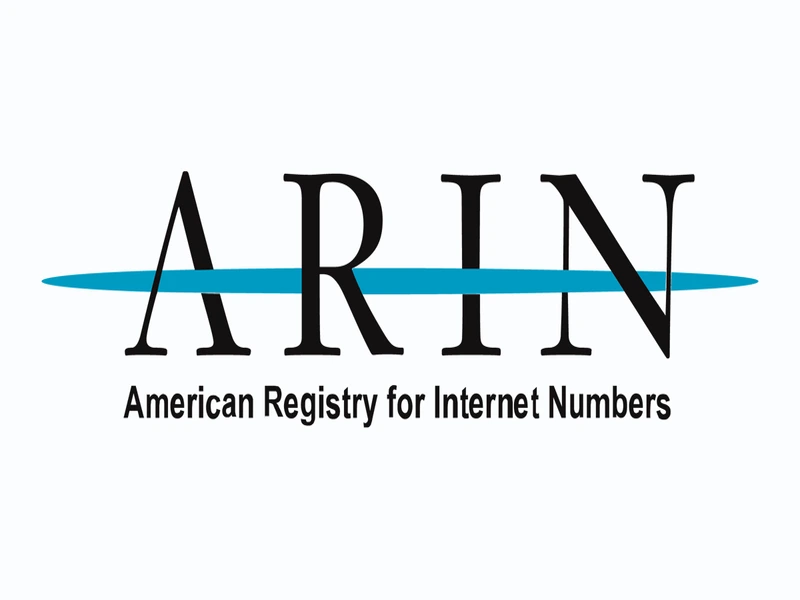- ARIN removes RSA section 7, easing IP address recovery processes to reflect current operational realities.
- The change follows discussions with global RIRs and feedback from ARIN’s community over transparency and trust in IP management.
What happened: The American Registry for Internet Numbers updates its registration services agreement, reinforcing coordination with global RIR practices
The American Registry for Internet Numbers (ARIN) has amended its Registration Services Agreement (RSA) by removing section 7, a clause that previously allowed ARIN to reclaim IP addresses for “compelling needs” under broad terms. The update, announced on 29 May 2025, applies to all versions of ARIN’s RSA and Legacy RSA (LRSA). The change takes immediate effect, meaning all new signatories or those renewing their agreements will no longer be subject to section 7.
This decision followed a series of consultations and feedback loops involving ARIN’s community and the Number Resource Organization (NRO), which coordinates policy among the world’s five Regional Internet Registries (RIRs). ARIN stated that the revision aligns with practices already followed by APNIC, RIPE NCC, and LACNIC, which do not impose similar broad recovery clauses in their own agreements.
Also Read: ARIN approves 5% fee increase for 2026
Also Read: ARIN seeks feedback on ICP-2, updated RIR governance draft
Why this is important
The removal of section 7 is significant for both transparency and operational clarity in IP address management. Critics had long viewed the clause as a vague and potentially unilateral mechanism for reclaiming resources, raising trust concerns within the North American internet infrastructure community. By aligning more closely with other RIRs, ARIN positions itself as more cooperative within the global ecosystem, helping to reduce uncertainty for organisations relying on IPv4 and IPv6 allocations.
The change also reflects wider industry trends. As IPv4 scarcity continues and the market for address transfers expands, having clear, predictable terms of use is crucial. Companies purchasing address space from brokers or transferring it between regions require assurance that allocations won’t be revoked unexpectedly.
ARIN CEO John Curran emphasised that this step was about maintaining a “trust framework” and ensuring the registry operates with “procedural clarity.” This follows broader calls for improved accountability across RIRs, highlighted by RIPE NCC’s own governance review.
With growing commercialisation around IP addresses, particularly from IPv4 leasing firms and infrastructure brokers such as IPv4.Global, contractual certainty becomes a competitive factor. The update may also ease multi-region network planning for global enterprises, which previously had to navigate diverging RIR agreements.

